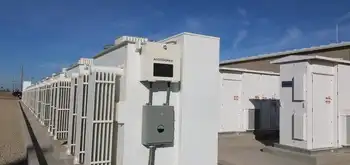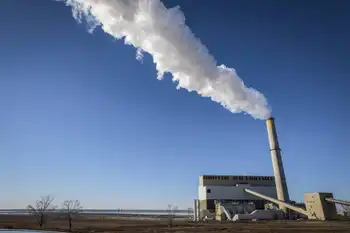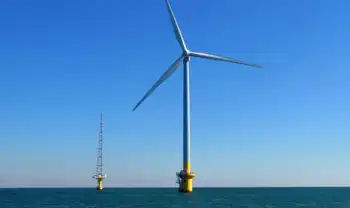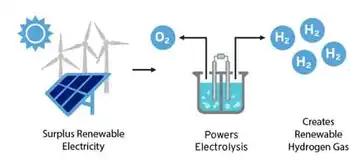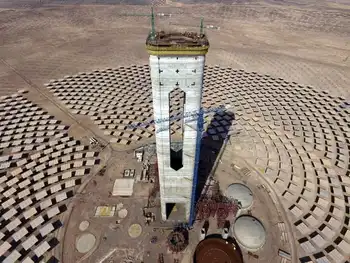Great Lakes Wind Consortium to focus on renewables
By Business Wire
CSA Z463 Electrical Maintenance
Our customized live online or in‑person group training can be delivered to your staff at your location.

- Live Online
- 6 hours Instructor-led
- Group Training Available
The company has created the Great Lakes Wind Consortium, and is inviting leaders from government, industry and academia to join efforts to focus on meeting the Federal GovernmentÂ’s renewable energy mandates using offshore wind farms in the wind-rich Great Lakes.
Sam Fairchild, ECC’s CEO, stated that, “The Great Lakes themselves are the hidden solution to the Nation’s mid-term renewable energy needs. Over the last decade, wind farm developers have focused on the on-shore wind corridor — from Texas to the Dakotas — as fertile ground for harnessing wind energy, but they have found that our need to upgrade the Nation’s electrical grid, including the development of new technologies to reduce the substantial loss of power that comes with transmission over long distances, to be a significant obstacle to success.
And, while the Obama Administration has targeted substantial federal investment towards solving the grid challenge, it likely will be more than a few years before we see real progress there.”
Fairchild added that, “There is an immediate opportunity to meet the Federal mandate of 20% renewables simply by building wind farms in the Great Lakes. The advantages are enormous. The wind profile in the Great Lakes is optimal for wind farms, allowing for the use of larger, offshore turbines, significantly longer, more efficient blades, and cost-savings, water-borne logistics. Most importantly, nearly 23% of the U.S. population lives within 25 miles of the Great Lakes, allowing for short transmission lengths without power loss. We do not have to wait for advancements in grid technology to make substantial progress.”
ECC is inviting the Governors of the Great Lakes States — Wisconsin, Minnesota, Illinois, Indiana, Ohio, Pennsylvania and New York, to join and lead the Coalition, along with leaders of counties and municipalities throughout the region. ECC is also reaching out to participants in the wind energy supply chain in the Great Lakes States, including manufacturers and service providers, as well as financial institutions, investors and developers. The company intends to host a planning session for the Coalition later this year.
Dan Wergin, an ECC Director, along with Fairchild, helped with the growth and success of Broadwind Energy in Manitowoc, Wisconsin, noted the key role that the Great Lakes Strategy will play in the growth of green jobs in states that have been hit hard by the economic downturn. “I predict that the Great Lakes Strategy will bring welcome relief to the Governors of the seven affected states. This approach will deliver jobs and substantial growth in economic activity on a sustainable basis. It will also accelerate our national goals of energy independence and clean air.”
Adrian Williams, the internationally respected expert on the use of composites in wind energy and the architect of ECC’s WindFiber strategy, added that “ECC is uniquely-positioned to provide substantial value to the execution of the Great Lakes Strategy. Our new 350,000 square foot wind blade manufacturing plant will be capable of building the outsized blades required for offshore systems in the Great Lakes, and our ability to leverage water-borne logistics will drive value as well. We are also working on a highly-innovative approach to offshore towers that will help position us more prominently as well.”
Jamie Mancl, ECC’s founder and President, underscored the importance of the Great Lakes Strategy to ECC and to the State of Wisconsin, saying that “we remain fully committed to the successful development of jobs and economic activity for the State as well as the City of Wisconsin Rapids. We believe that the Great Lakes Strategy will help us achieve these goals.”





